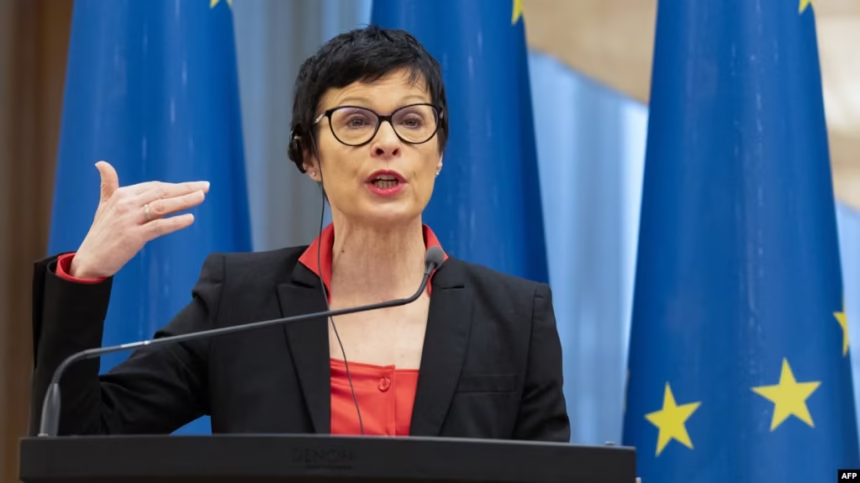In a meeting with Serbia’s Prime Minister Đuro Macut on April 29, European Commissioner for Enlargement, Marta Kos, emphasized the importance of working together on reforms to make Serbia’s EU membership possible. She specifically pointed to the need for judicial reforms, fighting corruption, ensuring media freedom, and improving the electoral process.
Kos called on Serbia to work with the EU to establish an independent judiciary capable of effectively combating corruption, enforce the rule of law, and create institutions that would allow for free media with all opinions represented. She also stressed the importance of setting up an electoral framework that guarantees the Serbian people’s will is heard and decisions are made accordingly.
Without these changes, Kos argued, Serbia cannot progress on its EU path. She noted that the reforms sought by the EU align closely with the demands of protesters in Serbia, who have been demonstrating for months against the current government.
Kos described her first meeting with Prime Minister Macut as “very positive,” expressing strong support for Serbia’s EU integration and her confidence that the government would do its part. She also highlighted the shared commitment with Macut to resolving societal issues through inclusive dialogue, stating that genuine transformation must come from within.
During her two-day visit to Belgrade, Kos plans to meet with representatives from political parties, civil society organizations, and students who have been protesting, as well as those opposed to the protests.
Prime Minister Macut reiterated that accelerating Serbia’s EU integration process is a top priority for his government. He expressed hope that Kos’s visit would help resume the dialogue on education reforms that had been stalled for several months. He also acknowledged that while Serbia’s EU negotiations have not progressed as quickly as desired in recent years, the government has been actively working on rule of law reforms.
The ongoing student protests, which began after a tragic incident at the Novi Sad train station that resulted in the deaths of 16 people, have become a symbol of broader discontent with the rule of law in Serbia. The students, along with a growing number of citizens, are demanding justice and systemic change. Despite the government’s claims that students’ demands have been met, protests continue, reflecting deep frustrations over the handling of the incident and ongoing corruption within the system.







